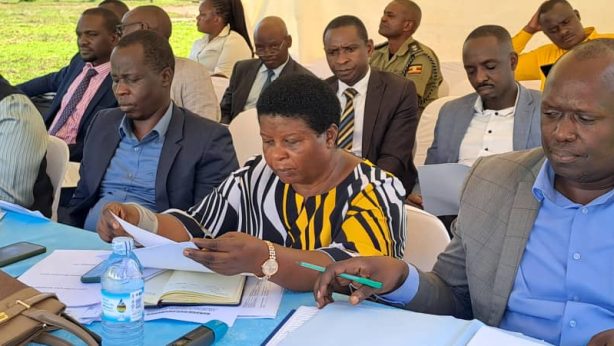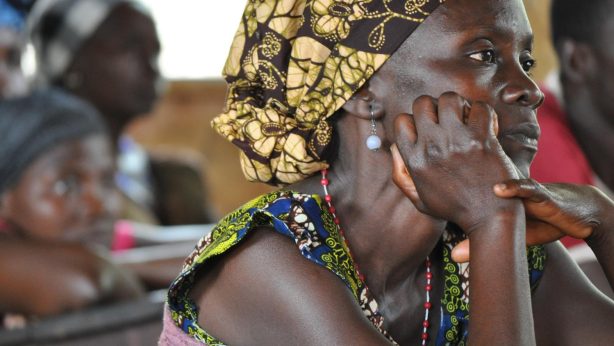Breaking barriers: How animation brings people and power together
If you are a civil society representative advocating for citizens to hold their leaders to account, few village chairs would extend an invitation to their homes as warmly as Mr. Kapere David did for the Twaweza team. If you are fortunate enough to contact them, they may provide you with an appointment they have no intention of keeping. They certainly won’t meet you at their homes. If they do happen to appear at their dusty offices, they often arrive hours late and with a grumpy demeanor, or they may not show up at all.
However, this is not the case with Mr. Kapere, a 68-year-old village chairperson in Bogobwe village, Kitayumbwa Sub-County, Kamuli District, Uganda.
When the Twaweza team arrived at his home, he had already arranged three comfortable couches under pleasant and breezy shade. A jug filled with fresh water was placed on the table, and he had invited his neighbor, best friend, and village elder, Mr. Batabaire James, to meet his guests and join the conversation.
Despite his strong personality, Mr. Kapere made everyone feel welcomed. As he responded to questions with meticulous detail, he gestured emphatically with his hands to illustrate his points and maintained a contagious smile that made it difficult to interrupt him.
“He wasn’t always like this,” revealed Namudu Gloria, a change agent in the village.
Throughout the conversation, Mr. Kapere repeatedly referred to the Change Agents in his village as “my helpers,” “my future successors,” and even “community champions.”
“These two are tireless. They work day and night, tirelessly move about, and do not ask for any compensation. When I call them, they respond immediately. When I send them somewhere, they go quickly and do not request payment or anything,” Mr. Kapere emphasized, wagging his left forefinger to drive his point home.
Namudu stated that at the beginning of their work, Mr. Kapere was challenging and unpleasant to work with. He constantly requested for payments before administering any service and consistently undermined change agents’ efforts and made it nearly impossible for them to function as Change Agents.
At one point, partner organizations supporting Namudu and Gawoole even considered to terminate the programme from the area because of obstacles raised by Mr Kapere.
“You see him now, constantly laughing. When we started, he wasn’t like this at all. So we had to employ the tactics they taught us during training to change his attitude and keep him close to us. First, we showed him that we respected him greatly and that all we wanted to do was assist him. Second, we made sure to keep him informed about everything we had done and our future plans. Slowly, we earned his trust,” explained Gawoole John, also a Change Agent in Bogobwe village.
As a more cooperative chair, Mr. Kapere dismissed hostile village leaders as ignorant and immature.
“If you have people helping you to navigate the village, reach places you cannot, and mobilize fellow villagers, you cannot claim that they want to take over your position. That’s ignorance. But if you are a mature person like me, you will enjoy the company of these two very much. I feel happy being with them; they are truly good,” Mr. Kapere declared.
As Change Agents, Namudu and Gawoole enjoy a harmonious relationship not only with Chairperson Mr. Kapere but also with the village elder, Mr. Batabaire, and the rest of the Citizen Follow-Up Committee. Consequently, the team and the community have successfully repaired the main road and brought electricity to their village, two of the three top priorities collaboratively identified with other community members.
As the chairperson of his village, Mr. Kapere dreams of a healthy community with an adequate number of boreholes and children who have good access to education. The Change Agents share this dream with him.
Namudu Glory and Gawoole John are change agents, part of Twaweza’s intervention to demonstrate how citizens can come together to collectively solve their problems and make government work for them. You can read more about the process on our website here and learn about the results we are achieving and the lessons we are learning through our 2021 and 2022 Annual Reports


